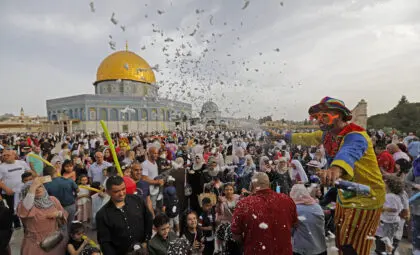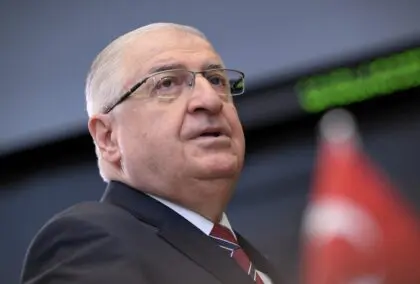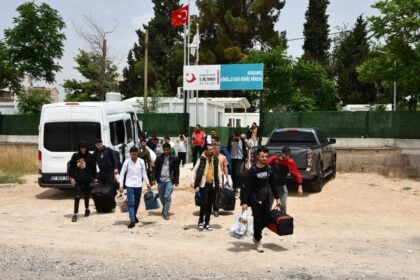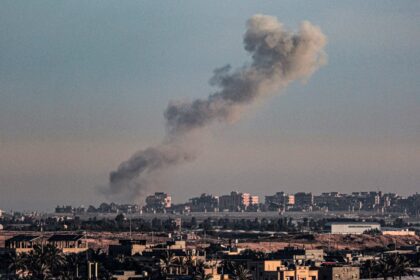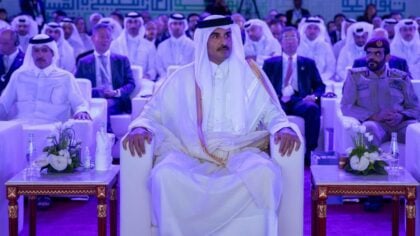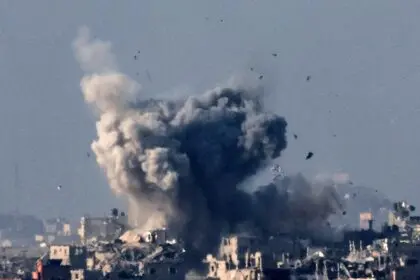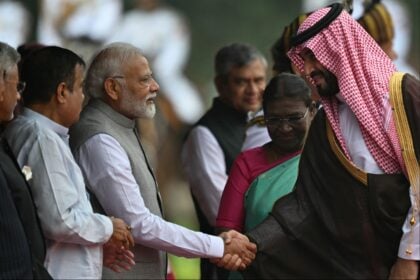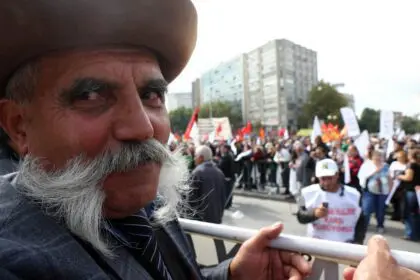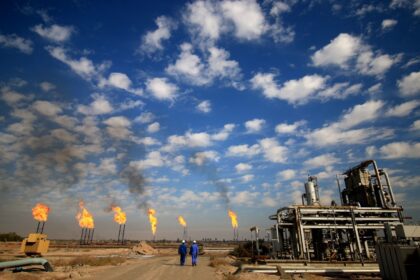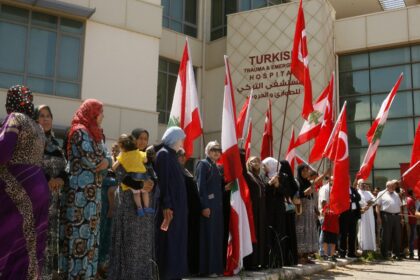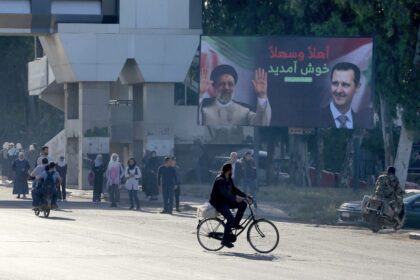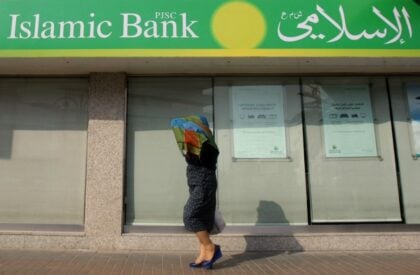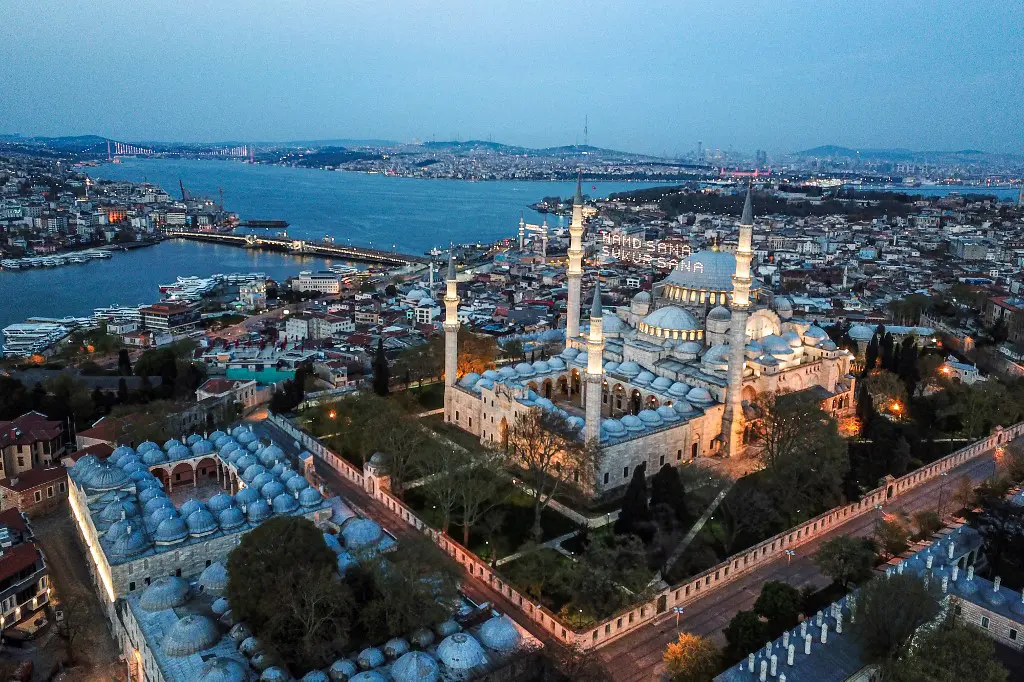
Introduction
Turkey (Official name: Republic of Turkey ) has a unique geographic location, as its territories spread out in both Asia and Europe. Over history, Turkey played an important role in connecting and separating these two continents. Being in the crossroads between the Balkans, the Caucasus, the Middle East, and the east Mediterranean, Turkey is a very important state from a geographically perspective. Turkey is bordered by the Black Sea from the north, by Georgia and Armenia from the northeast, by Azerbaijan and Iran from the east and by Iraq and Syria from the southeast.
As for both southwest and west, it is bordered by the Mediterranean and the Aegean Sea, while it’s bordered by Greece and Bulgaria from the northwest. Turkey’s land area accounts for 783,562 km2.
The capital Ankara is located in the northwest part of the country, about 125 miles (200 km) away from the south of the Black Sea. Istanbul is the largest city and has the largest Turkish seaports.
Alexander the Great conquered Ankara in 333 BC. By 25 BC, emperor Augustus annexed this city to the Roman Empire. When Ankara was under the Byzantine sovereignty, it has been occasionally invaded by Persians and Arabs. Around 1073, the Seljuk Turks controlled Ankara.
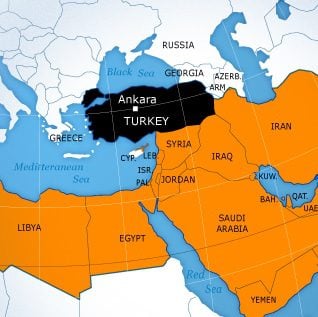
During the 14th century, the Ottoman Empire began its great expansion, and it reached its prosperity peak during the 17th century. After the fall of the Ottoman Empire, the modern Republic of Turkey was established in 1923 by Mustafa Kemal Ataturk. Present-day Turkey is a democratic, parliamentary, national and secular state. This democracy was formed after the first free elections in which several political parties participated in 1950.
The population is estimated at around 85.04 million according to 2021 UN estimates. According to the estimates published in 2016, Turks constitute 70% to 75% of the total population. On the other hand, Kurds account for 19%, while the share of other minorities ranges between 7% and 12%.
Turkish is the official language of the country. Kurdish is also used alongside other minorities’ languages. Muslims comprise 99.8% of the population of Turkey (Sunni majority), while the remaining share includes majorly Christians and Jews.
Turkish Lira is the official currency. Natural resources include; coal, iron ore, copper, chrome, antimony, mercury, gold, barite, borates, celestite, and emery. Turkey’s natural resources also include arable land and hydroelectric power.
In terms of military ranking, Turkey is ranked 11th out of 145 countries included in the Global Firepower Index report of 2023.
The Turkish media environment worsened in the 21st century. In this period when the Justice and Development Party and its leader Recep Tayyip Erdoğan completely dominated political decision making; journalists were exposed to more harassments, threats, and arrests. This came in the context of the efforts made by the government to ensure that the press complies with its directions, especially after the failed coup attempt in 2016 and the state of emergency that came after. Turkey ranks 149th out of 180 countries on the “Reporters without Borders” 2022 Press World Press Freedom Index.
The list of the prominent Turkish faces includes the renowned novelist Orhan Pamuk, the prominent politician Meral Akşener, Fethullah Gülen and Selahattin Demirtaş.
Football is the most popular sport in Turkey. Galatasaray has won the UEFA Cup and UEFA Super Cup in 2000. In addition, the Turkish national team won the bronze medal in the 2002 World Cup, and the 2003 FIFA Confederations Cup. Basketball is also popular in Turkey. The Turkish national team won the silver medal of the 2001 EuroBasket and won the 2010 FIBA Basketball World Cup. Throughout the Mediterranean Games, Turkey won many golden, silver, and bronze medals starting from 1967.
Turkey’s very diverse climate is affected by the sea in the north, south, and west, and by the mountains covering the majority of Turkey. The sea and the mountains produce climatic contradictions between the interior and coastal regions. Although the summer drought is widespread, the country’s height over land makes winter colder than what is common in the Mediterranean climate. There is a huge difference in temperatures between summer and winter.
Turkey’s terrain is dominated by mountains, and lowlands are only exclusive on the coastal sides. Steep slopes are all over the country, and mild sloping and sloping grounds constitute sixth of the total terrain. Climates often come much harsher than expected for a country that is in the latitude of Turkey, which limits the availability of agricultural land and its productivity.
Tourism in Turkey is distinguished by the diversity and abundance of monuments and its fulfillment of different tastes. Historical, religious, medical, and landscaping tourism is the most characteristic of trips to Turkey. The list of the most popular tourist attractions in Turkey include the Blue Mosque, Taksim Square in Istanbul and the Maiden’s Tower. the list also includes the South of the Bosporus, Antalya’s ancient mosques, Museum of Anatolian Civilizations and Darıca Zoo, in addition to a lot of tourist sites.
Vehicle driving is right sided, similar to the rest of the Middle East and North Africa. Time zone of Turkey is (GMT+3). The international dialing code is +90.


